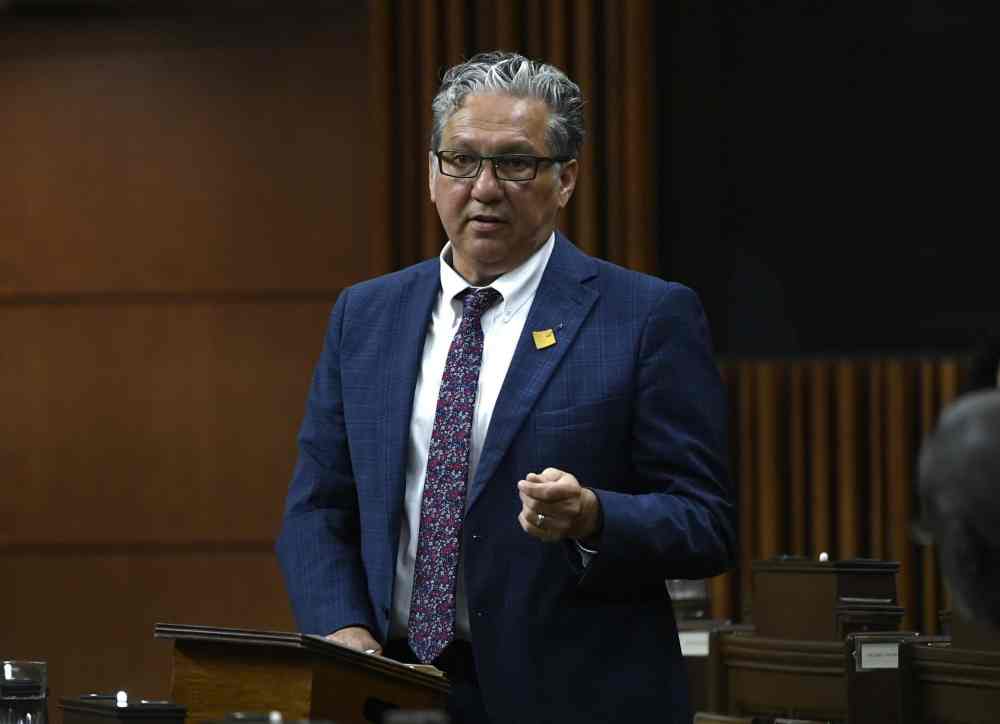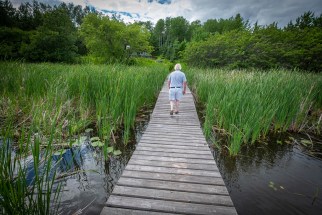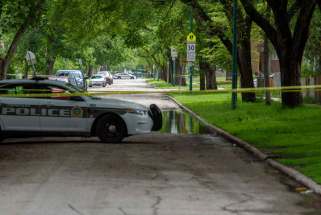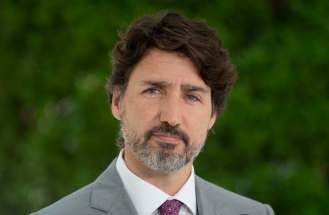Liberals blamed for lack of COVID-19 committees on Prairies
Read this article for free:
or
Already have an account? Log in here »
To continue reading, please subscribe:
Monthly Digital Subscription
$0 for the first 4 weeks*
- Enjoy unlimited reading on winnipegfreepress.com
- Read the E-Edition, our digital replica newspaper
- Access News Break, our award-winning app
- Play interactive puzzles
*No charge for 4 weeks then price increases to the regular rate of $19.00 plus GST every four weeks. Offer available to new and qualified returning subscribers only. Cancel any time.
Monthly Digital Subscription
$4.75/week*
- Enjoy unlimited reading on winnipegfreepress.com
- Read the E-Edition, our digital replica newspaper
- Access News Break, our award-winning app
- Play interactive puzzles
*Billed as $19 plus GST every four weeks. Cancel any time.
To continue reading, please subscribe:
Add Free Press access to your Brandon Sun subscription for only an additional
$1 for the first 4 weeks*
*Your next subscription payment will increase by $1.00 and you will be charged $16.99 plus GST for four weeks. After four weeks, your payment will increase to $23.99 plus GST every four weeks.
Read unlimited articles for free today:
or
Already have an account? Log in here »
Hey there, time traveller!
This article was published 09/07/2020 (1981 days ago), so information in it may no longer be current.
OTTAWA — Federal bureaucrats had no emergency response committee for the Prairies and had to scramble to assemble one as the region entered COVID-19 lockdowns in March, internal documents show.
“The Prairie region is the only region that lacks an executive-level federal coordinating group,” reads a March 19 briefing note the Free Press obtained through access-to-information laws.
Such working groups co-ordinate how at least 24 federal departments and agencies respond to the pandemic and economic shutdown, from food inspectors to tax agents.
In response to the coronavirus, that means prioritizing which services should be offered while staff work remotely, and helping to shape federal programs so they meet provinces’ needs, such as different stages of reopening.
The document was issued for the bureaucratic head of Western Economic Diversification (WED), one of the six economic development agencies that administer federal grants and liaise with provincial governments.
“There should have been a stronger leadership from a federal government that just doesn’t seem to care about the Prairies.” – James Bezan, Manitoba Conservative MP
It shows that Public Safety Canada, along with the Public Health Agency of Canada, asked WED to put together a group “to support information sharing in our region,” pointing out that Manitoba and Alberta had already declared states of emergency.
The document points to portions of the Federal Emergency Response Plan that refer to maintaining public order, reducing economic losses and reporting to the government operations centre, the 24/7 federal nerve centre for responding to disasters.
Manitoba Conservative MP James Bezan said he was surprised the government didn’t have a working group set to go, especially given the Liberals’ scant representation in the region after last October’s election.
“This is an indictment upon the Liberals, who have failed to put in place regional ministers,” Bezan said.
He argued the Liberals should have individual ministers for the regional agencies, instead of just parliamentary assistants who do not participate in cabinet discussions.

Western Economic Diversification referred questions to Public Safety Canada, which said that a body for the entire region didn’t exist, but lower-level committees in each of the three provinces “have played a key role in helping to co-ordinate the federal response to COVID-19, spring flooding, and seasonal wildfires.”
The newer, cross-provincial body was formed to help “ensure the effective sharing of information and the co-ordination of federal activities at a more senior level within the region,” wrote spokeswoman Karine Martel.
She added that federal Public Safety Minister Bill Blair has weekly calls with his provincial counterparts.
Manitoba MPs have raised issues about constituents grappling to contact the local branches of Service Canada and the Canada Revenue Agency. That’s included Manitobans being asked to send documents to a regional office in Edmonton that didn’t seem to accept mail for weeks.
It’s unclear if the delay in establishing regional co-ordination contributed to those issues.
Northern Affairs Minister Dan Vandal, whose riding is in Winnipeg, has taken part in Manitoba stakeholder meetings, and has insisted he’s been working the phones to ensure federal supports reach the province.
Bezan argued having committees in each region except the Prairies shows the three provinces aren’t being properly represented.
He noted that WED monitors both the Prairies and British Columbia, and B.C. apparently had its own high-level body.
“There should have been a stronger leadership from a federal government that just doesn’t seem to care about the Prairies.”
dylan.robertson@freepress.mb.ca
Briefing note on need to co-ordinate federal COVID-19 response in Prairies







